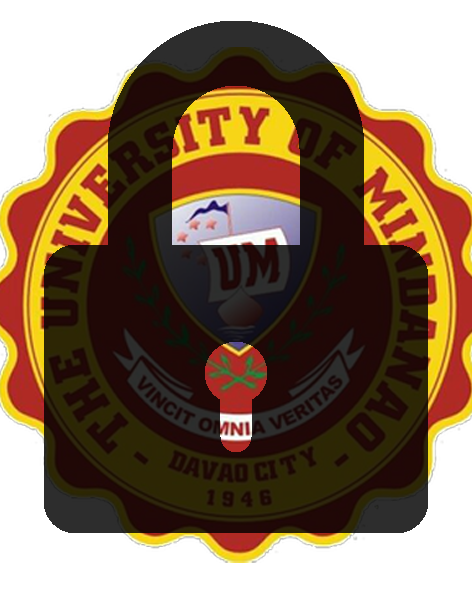Work ethics as predictor to job performance among millennials
Abstract
Almost half of the population in the workplaces today are millennials nowadays whether in private or public organizations. Millennials are known to be narcissists and demanding. There were studies that mentioned that they cannot be an effective part of the workforce due to their poor work ethics. This study aimed to predict the millennials’ work ethics influence on job performance. The researcher used a quantitative non-experimental research design using the causal effect to identify the level of work ethics whether it is high or low. The respondents of the study are the 350 millennials working in the local government units in the first-class municipalities of Davao de Oro. Statistical analyses used Mean, Pearson R and Linear Regression. The results had shown that the work ethics in terms of Self-reliance, Morality, Leisure, Hard Work, Work Centrality Wasted Time, Delay of Gratification have an overall of 4.13 which is very high which further means that the work ethics of the millennials is very much observed. The lowest mean is Leisure with 3.37 and the highest mean is Work Centrality with 4.43. The study shows that there is a significant relationship between Work ethics and Job performance. Thus, the efforts on improving employee performance will no longer rely on compensation and reward system but instead focusing on work ethics too.
Collections
- Master's Theses [16]
Publisher
Master in Management

